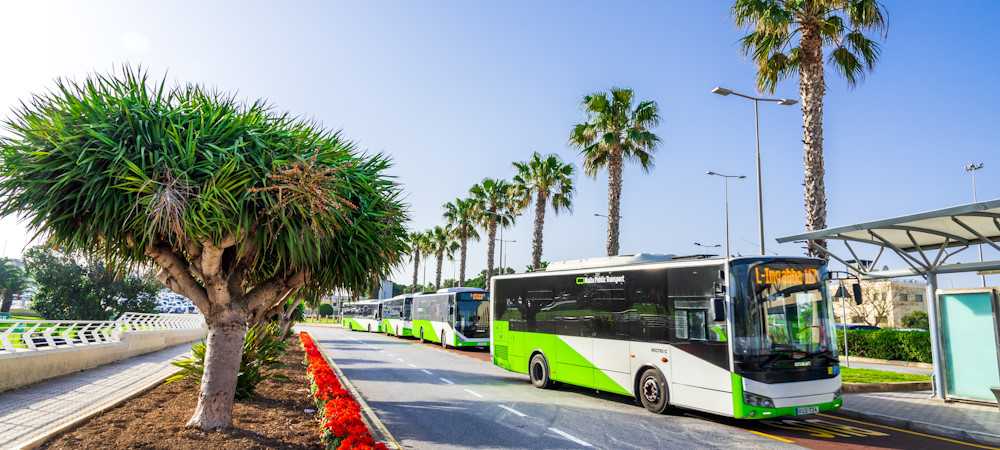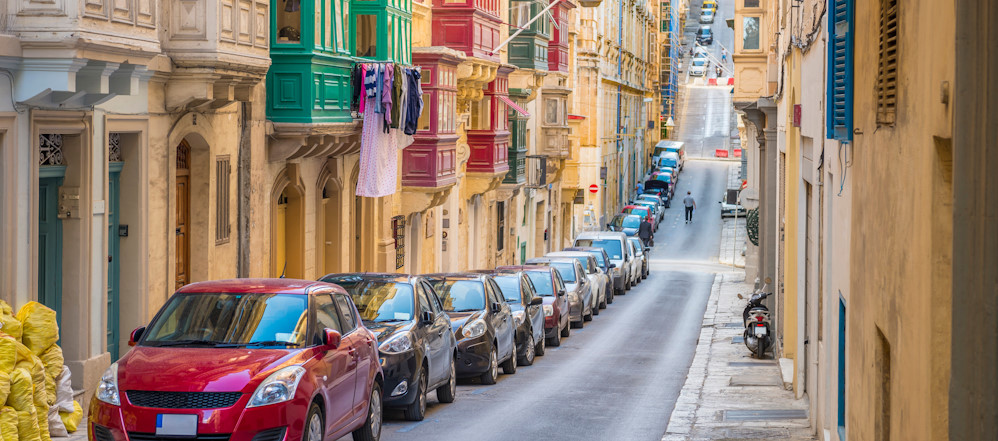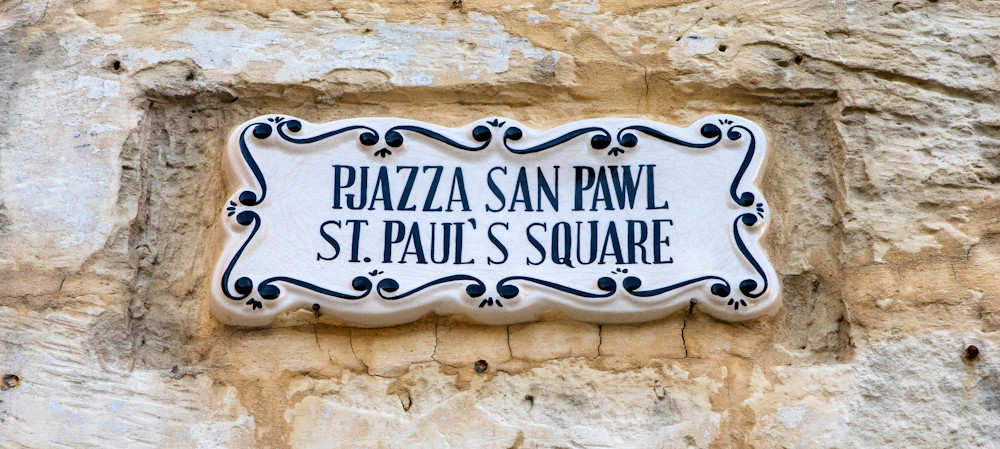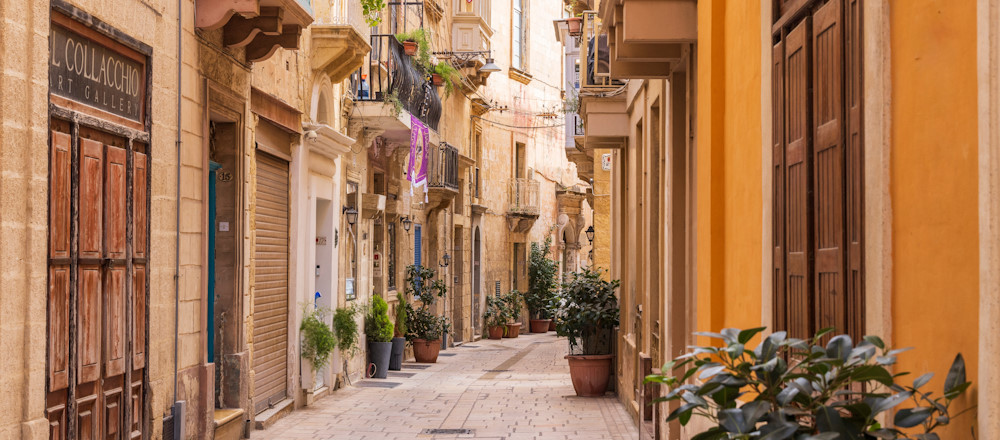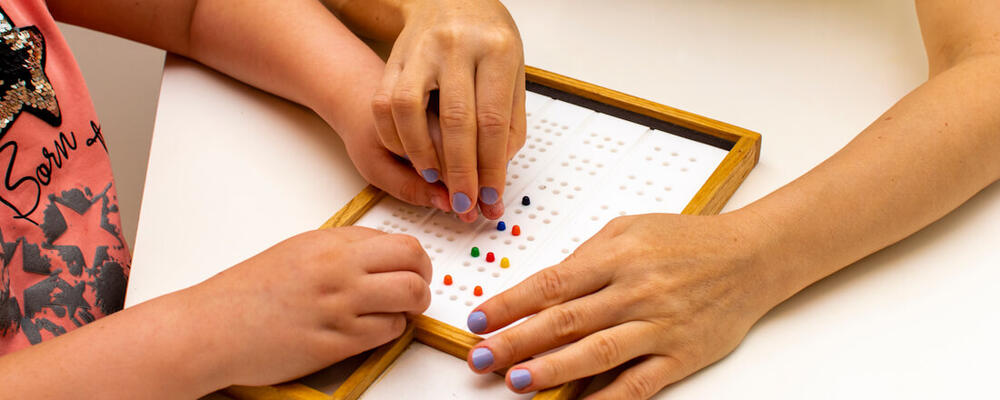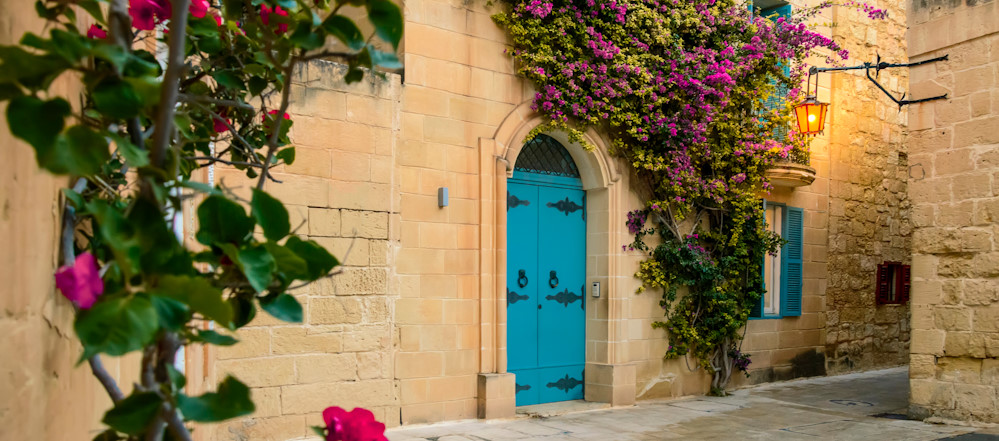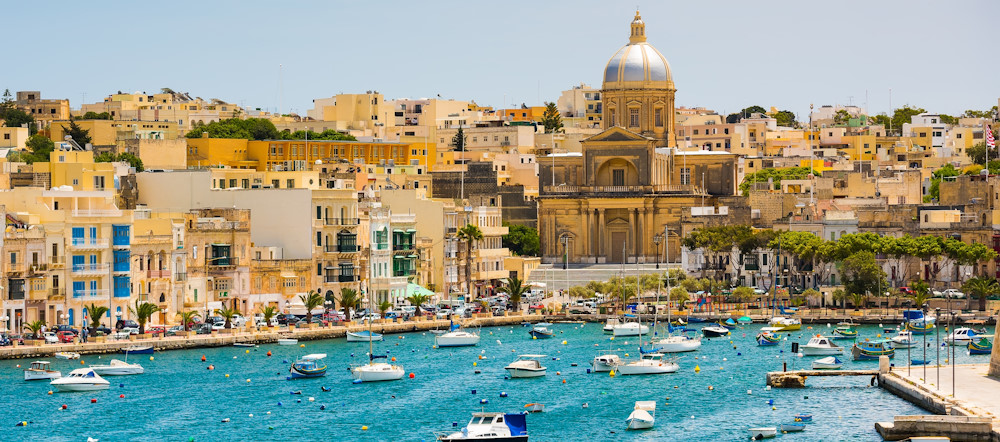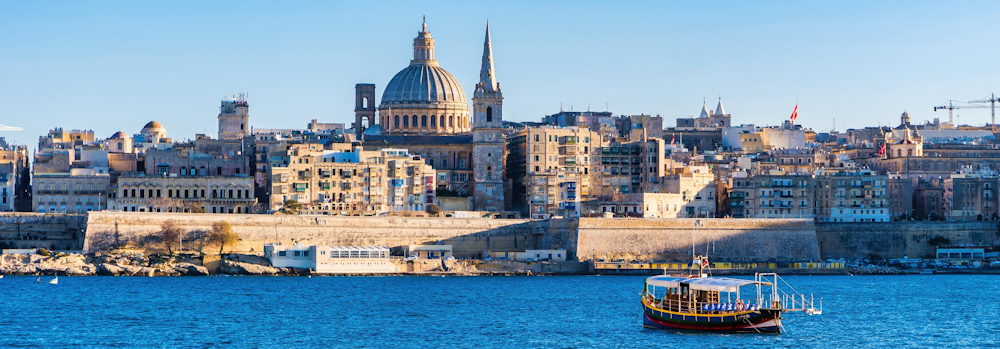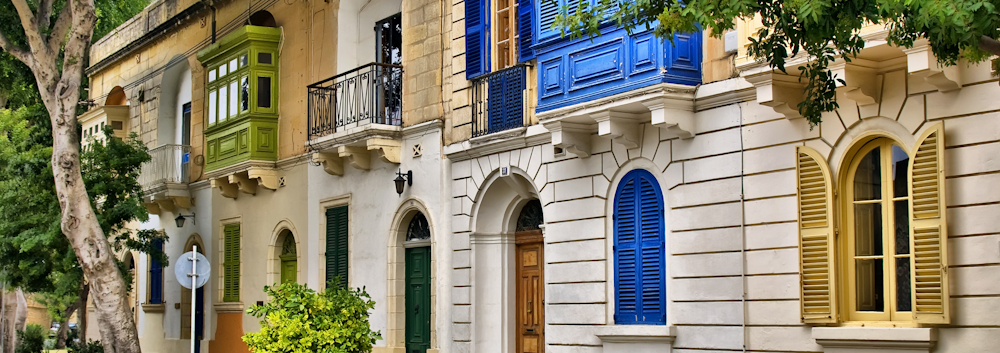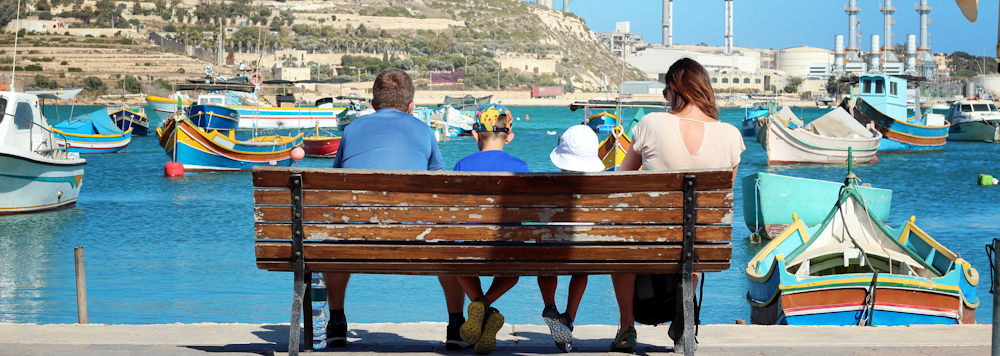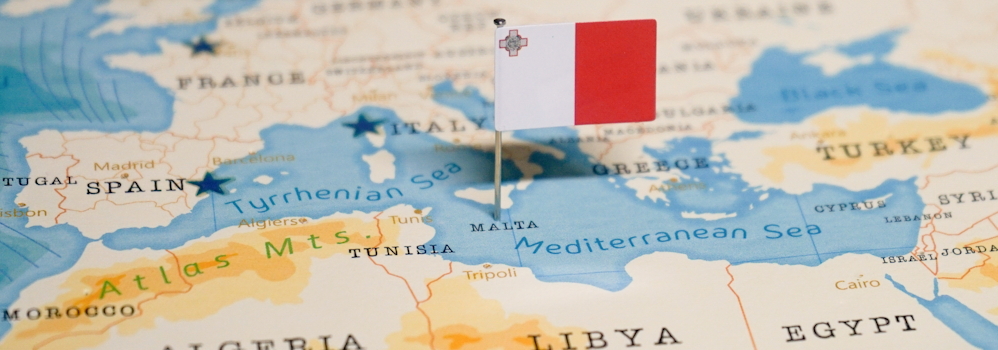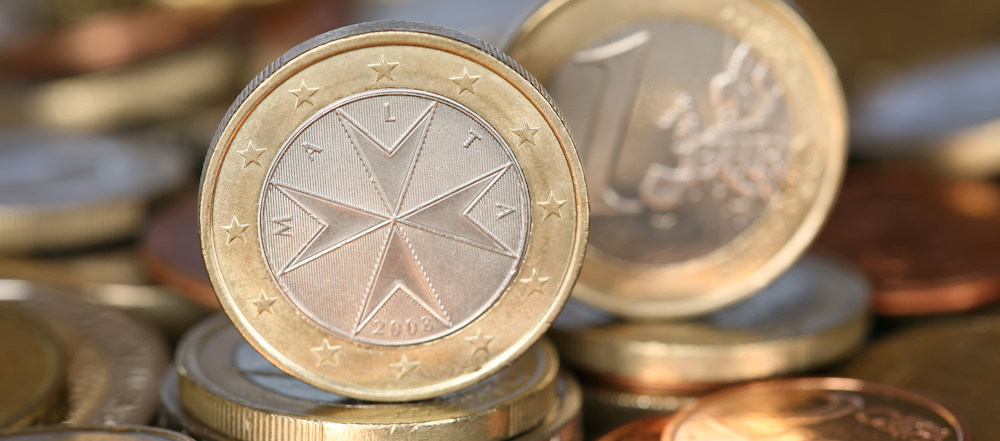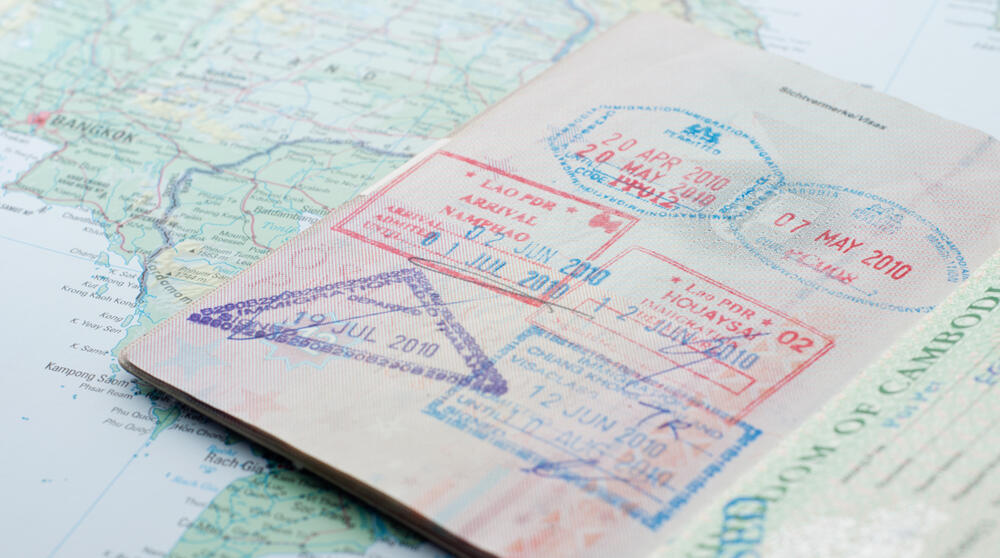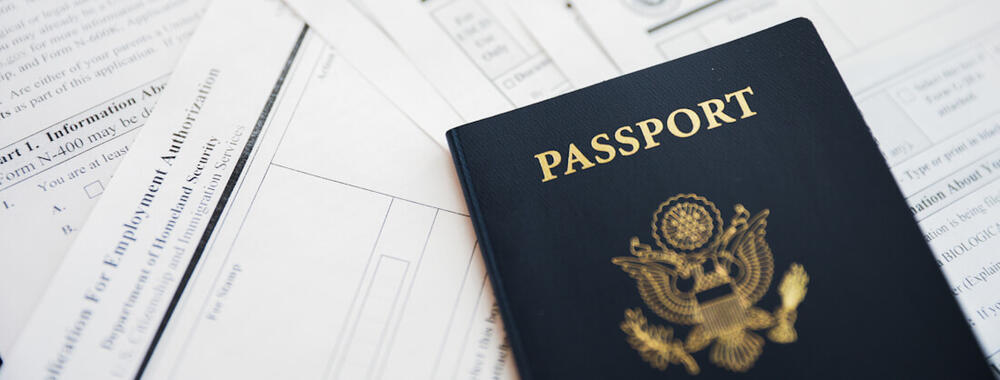Securing accommodation in Malta is relatively straightforward, and you'll likely find high-quality housing to suit your lifestyle and budget.
The stability of the real estate market here relies on several factors, including demand, building space limitations in Malta, and a growing expat population. Expat investors capitalise on high-end properties for eventual returns, while pensioners often choose dwellings with lower property taxes, and young professionals prefer reasonably priced accommodation close to work prospects.
Property prices in Malta are more affordable than in major European capitals, but there are regional variations and restrictions on foreign property ownership, so many expats decide to rent initially.
Types of accommodation in Malta
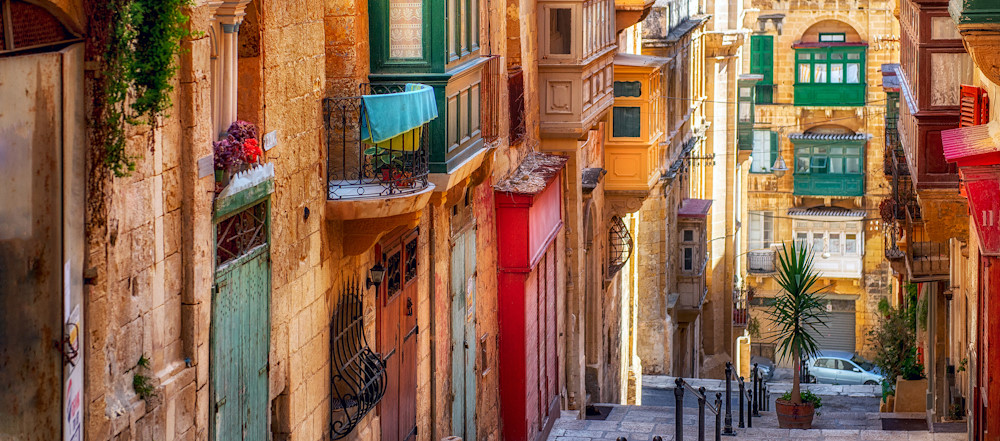
There are various kinds of accommodation in Malta, including apartments, villas, townhouses and maisonettes. Maisonettes are similar to apartments, but have a private entrance rather than the shared entrances typical of apartment blocks.
Maltese townhouses vary and tend to be either fairly old or newer. Older stone townhouses usually have numerous floors and traditional features such as patterned tiles, wooden floors, and stone arches. The new townhouses have a more contemporary style.
The "house of character" is a distinctly Maltese building common in rural areas and small villages. These typically have thick, unpainted stone walls, a central courtyard and sometimes even a well. Three- and four-bedroom houses are the norm, with some dating back to the 17th century. Although there are newer houses that replicate this traditional style with a modern twist, supply is limited.
Furnished vs unfurnished
Accommodation in Malta comes in various forms, including furnished and unfurnished options. As far as what's included, this can vary quite widely, so be sure to clarify this before making a final decision.
Furnished accommodation will have a higher rental cost than unfurnished accommodation, but it will save you the cost of either buying new furniture or shipping in furniture you already own.
Short lets
If you're in search of a new home in Malta, short lets are an ideal middle ground while you house hunt. They're more affordable than hotels and are better suited to longer stays, ranging from weeks to a few months.
Most have WiFi, allowing you to work remotely if necessary, and are equipped with everything you might need for day-to-day living, right down to bedsheets and cutlery. This gives you time to view properties in person and get to know the various areas before settling on where in Malta you'd like to live.
Useful links
Finding accommodation in Malta

Real estate agents can be helpful for expats who are unfamiliar with the local market. Aside from taking their clients through the process of renting or buying property and presenting homes matching clients' specifications, some agents assist with setting up utility accounts such as electricity and internet access.
The downside is that real estate agents charge a fee for these services, usually equivalent to a percentage of the rental price. If the extra cost fits into your budget, though, this is the most convenient way of finding a new home in Malta.
Other popular ways of finding accommodation in Malta are online property portals and social media community groups. Some real estate agencies also host listings on their websites.
Useful links
Renting accommodation in Malta

Even though plenty of Malta's rental accommodation is short-term and aimed at tourists, there's still plenty of choice when it comes to renting residential property. The best time of the year to begin the house hunt is autumn and winter, as lower-priced accommodation is abundant in the off season.
Making an application
When applying for a rental home, you'll need to submit several important documents, including proof of identity and income. You may also be subject to a credit check or asked to submit contact details for references. This can be tricky for new arrivals without a credit and rental history in Malta. In this case, negotiating to pay a higher deposit or monthly rental can be an alternative.
Leases
After finding and securing a property, the tenant and the landlord sign a tenancy agreement. The lease specifies the duration of the contract, the notice period and how bills will be separated and paid. Long-term leases are usually between six and 12 months, with an option to renew at the end of the rental period.
Deposits
Deposits are typically equivalent to one or two months of rent and are refundable at the end of the lease, with any damages to the property beyond normal wear and tear subtracted.
Terminating the lease
When signing the lease, it's advisable to check for a break clause that allows you to end the lease early if necessary. The clause should stipulate the length of notice required to break the lease and any other requirements.
Utilities in Malta
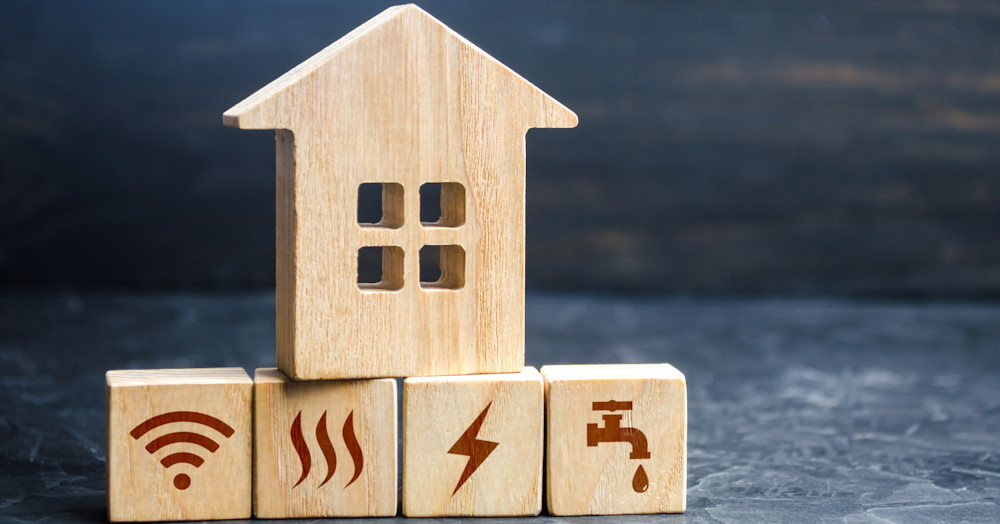
Utility bills such as electricity and internet are often not included in long-term rentals in Malta. Payment for utilities may take the form of a fixed monthly price paid in addition to rent, but more commonly, tenants pay utility providers directly based on usage. To do so, you'll need to register with each utility provider.
Electricity and water
Enemalta supplies electricity, and the Water Services Corporation (WSC) supplies water. Both of these entities are managed by the government.
Water and electricity are billed together, and bills are sent out once every two months. You can also manage payment online through an online portal known as ARMS.
Note that Enemalta charges higher rates for non-residential electricity use, so it's vital to ensure that you are registered as a residential electricity user. Landlords don't always mention this to tenants, and it can result in unnecessarily high power bills.
Gas
Gas is not widely used in Maltese homes, but where it is used it's usually in the form of cylinders. Once empty, service providers refill these for a fee.
Bins and recycling
WasteServ Malta manages waste removal in Malta at no cost to residents. Refuse bags are simply placed outside the home for collection on the specified day. Black bags are for general rubbish, while green or grey bags are used for recycling.
